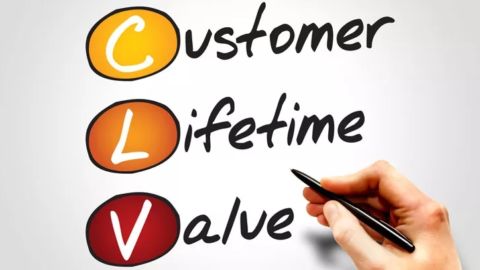 Nearly 18 months after filing for an initial public offering (IPO), Neiman Marcus has requested to withdraw the registration. Like many other department stores, Neiman has had to amend its plans to adapt to declining sales and foot traffic within its stores.
Nearly 18 months after filing for an initial public offering (IPO), Neiman Marcus has requested to withdraw the registration. Like many other department stores, Neiman has had to amend its plans to adapt to declining sales and foot traffic within its stores.
While the move signals that the brand isn’t confident in its ability to stay afloat as a publicly traded company, it also shows just how difficult it will be for any retailer to file an IPO going forward.
In fact, Wall Street has gotten progressively tougher on retailers in recent years. Only three retail companies went public in the U.S. in 2016, raising a combined $314 million, according to data compiled by Bloomberg. That compares with seven IPOs in 2015, which raised a total of $1.2 billion, and 11 listings in 2014 for volume of $1.7 billion.
This trend suggests Neiman Marcus hasn’t been the only brand to avoid the call of the Street, and that we shouldn’t expect any significant retail push for IPOs in 2017.
You can look at this past holiday season as the latest example of department stores and apparel retailers faltering, and understand why there is such hesitation. First Data reported that department stores sales were down 4.8% this year compared to 2015, with similarly-sized declines in both brick-and-mortar and e-Commerce channels. Across the entire retail industry, brick-and-mortar sales only increased 2.7%, so while people still shop in stores, that’s not where the growth is.
Retail’s Transition Creates Difficult Decisions
Without solid long-term growth prospects, businesses can’t expect potential shareholders to have much confidence in their plans going into 2017. And with retail essentially in “transition” mode, with the former titans of the industry still figuring out how to evolve their offerings to a more competitive, omnichannel environment, betting on the future may be a major risk for a retailer of any size.
When an iconic brand such as Sears has a stock price collapse from nearly $192 per share in April 2007 to a mere $9 per share today, and Macy’s $72 per share in July 2015 dwindles to less than $30, brands such as Neiman Marcus are aware that success through a public stock isn’t a sure thing.
Home décor brand At Home filed its IPO in August 2016, but the stock’s price is still hovering close to its $15 per share issue price. While the company has reached $500 million in annual revenue and same store sales have increased for two straight years, questions about the company’s profitability have prevented investors from going ‘all in’ on the company. At Home also doesn’t have an e-Commerce business, opting to use its web site to showcase items sold in local stores. While it’s far too early to determine whether At Home made the right decision, the brand is going to have to scale its business carefully in new markets if it wants to generate any long-term momentum.
Brands Consider Buyouts, Privatization
With companies such as Dollar Shave Club getting bought out for $1 billion, retailers today may consider acquisition a better option — if they can find a buyer that agrees with their creative direction. Blue Nile is a recent example of one of these companies, with the formerly public company going private in a $500 million transaction in November 2016. Last year, Blue Nile began opening display stores in major malls so customers can see and touch the rings it sells, but they still must buy the products online. If Blue Nile continues on this track, the brand can scale a strategy with the best elements of both worlds, without having to drive shareholder interests.
As up-and-coming retailers experiment further with omnichannel offerings to measure what resonates with their consumers most, it may take a few years for these brands to find their footing before IPOs become more commonplace again.













